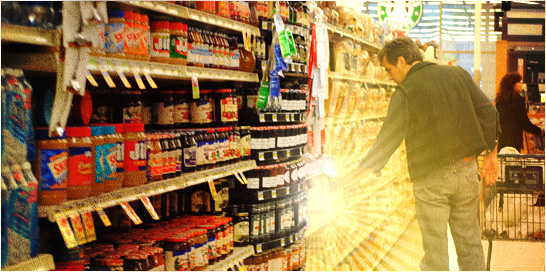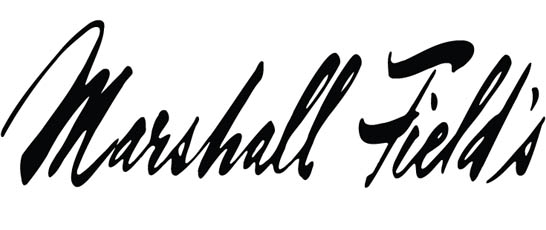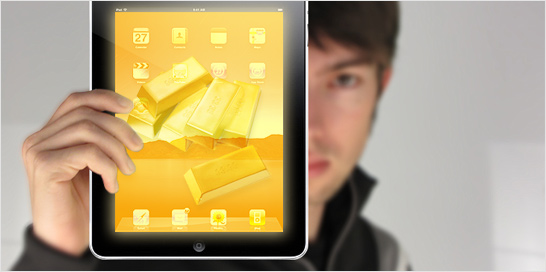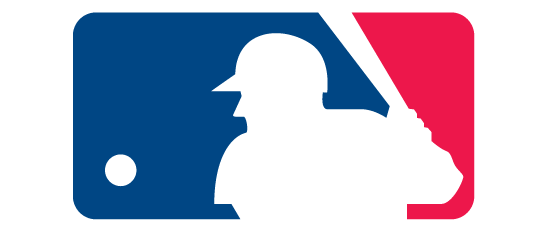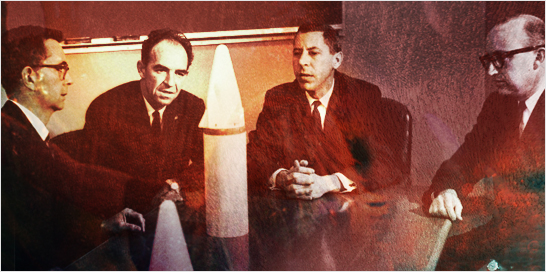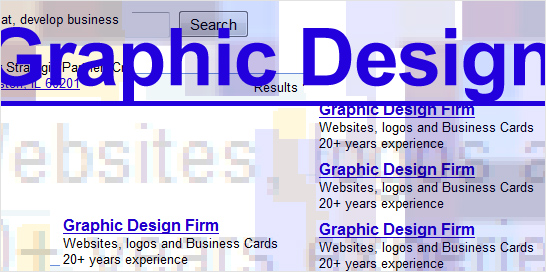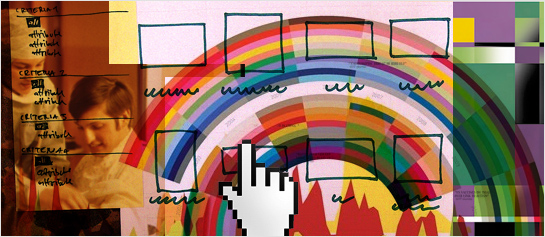
It used to be that in the old media landscape, the only way to ascend to the top of the pyramid was to be a creator. Inventor. Writer. Painter. Photographer. You had to create something to add value. But with the tools of creation and production becoming cheaper, simpler and more accessible, we’re flooded with the fruits of easy creation: Etsy stores, 3D printing, GarageBand songs, YouTube films, print-on-demand novels, and an ocean of blogs via online publishing software. Tens of thousands of people are now creators, and they’re churning out all kinds of stuff.

